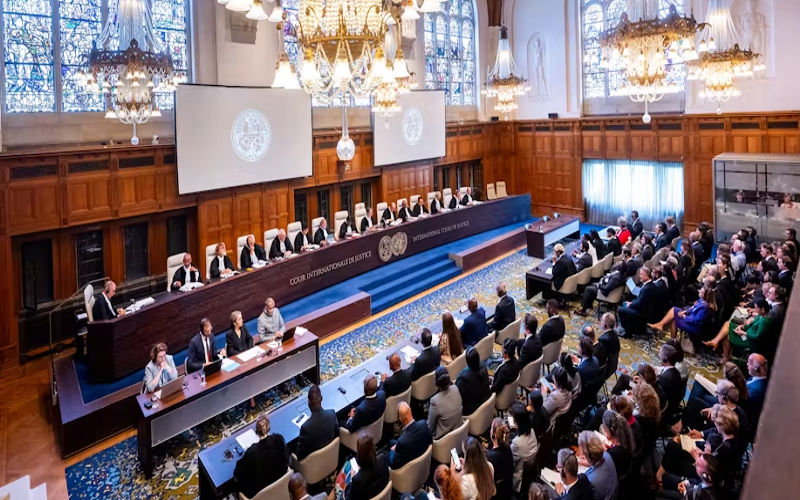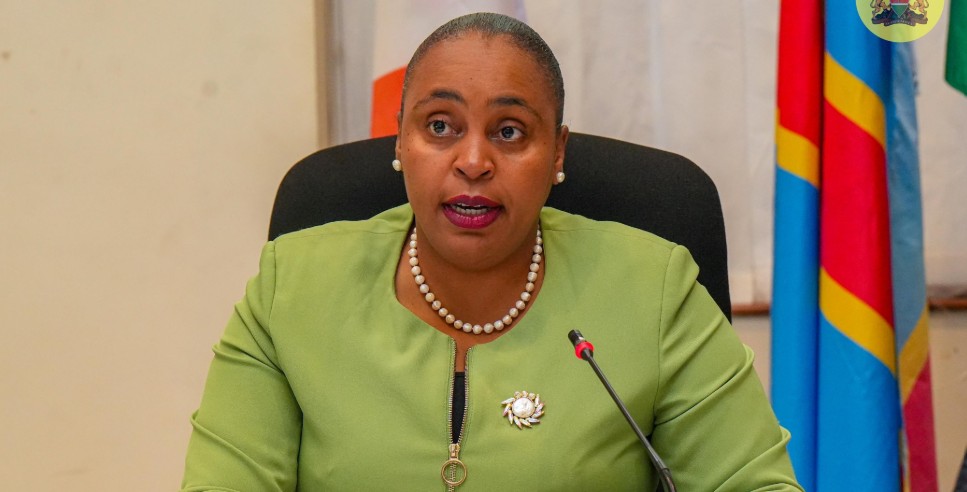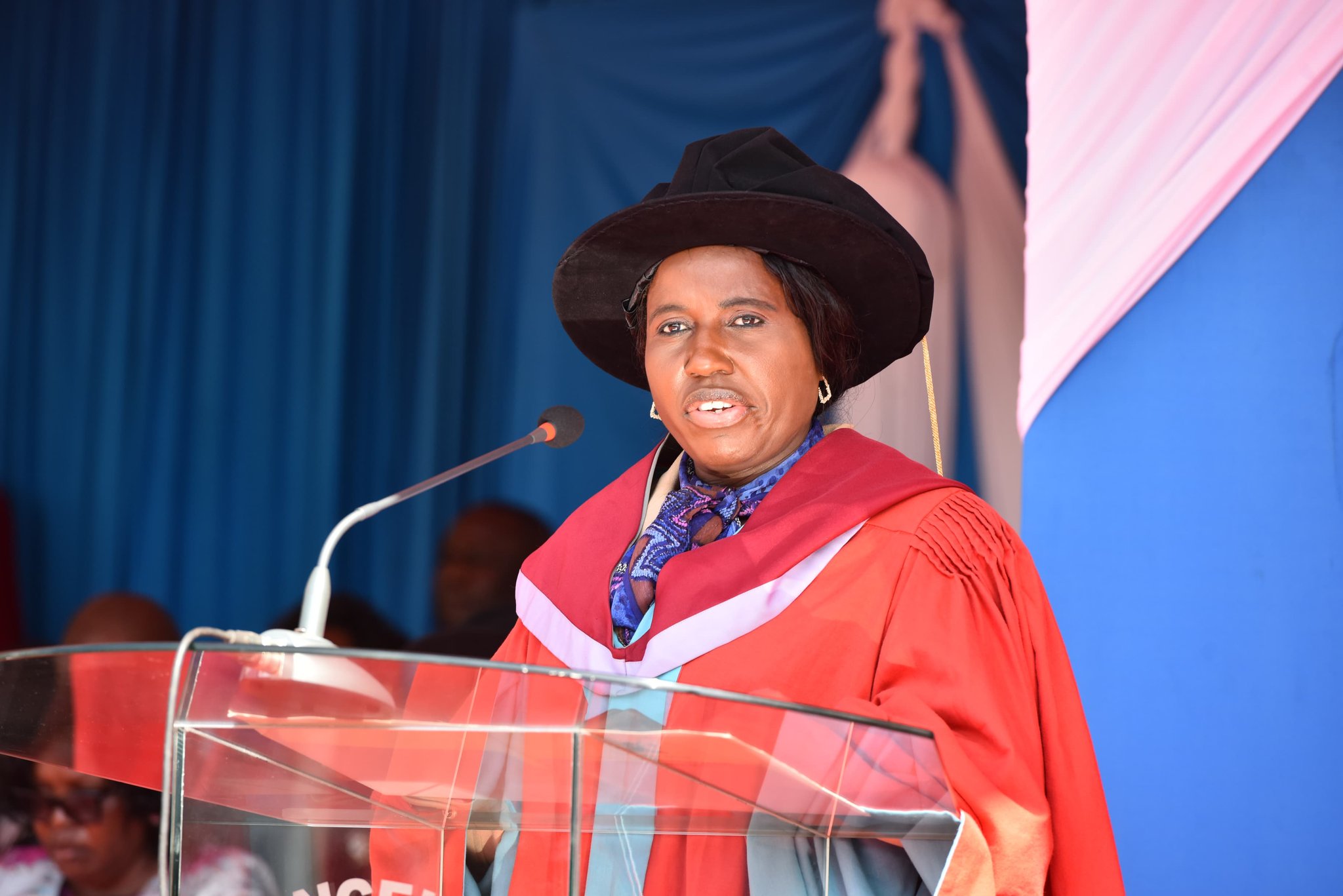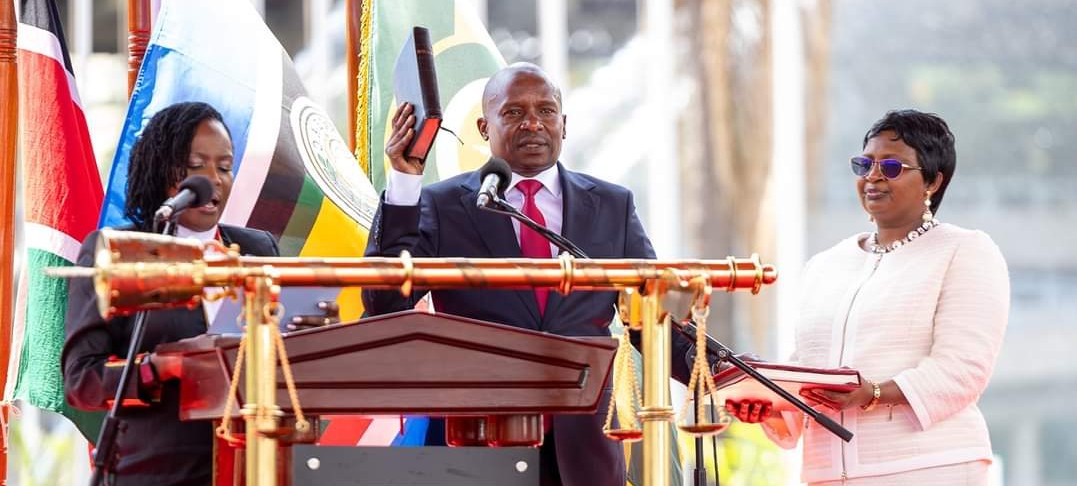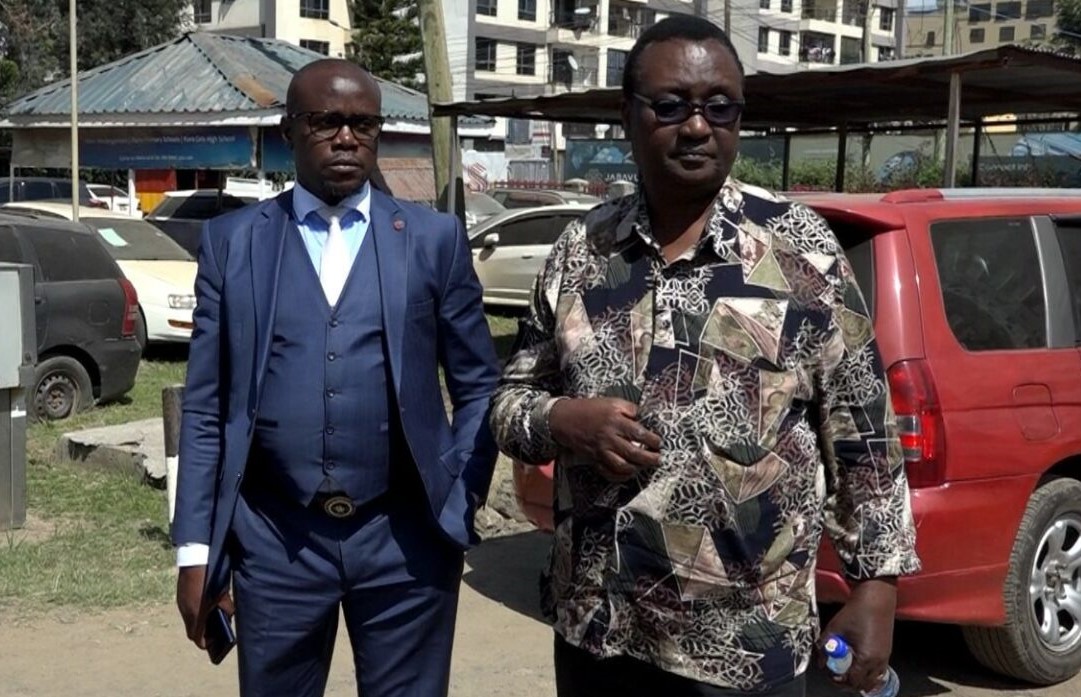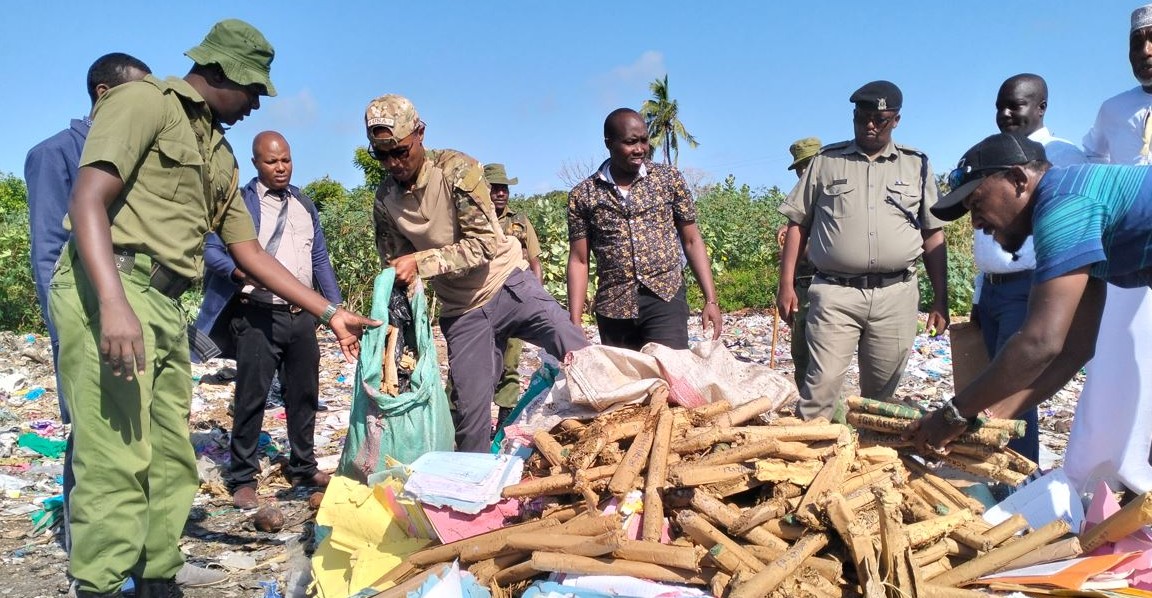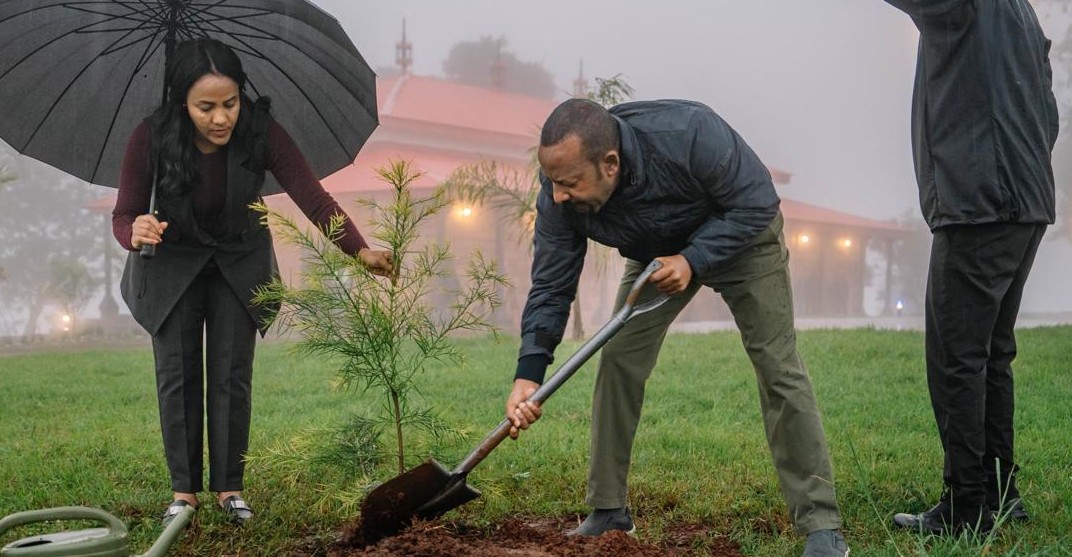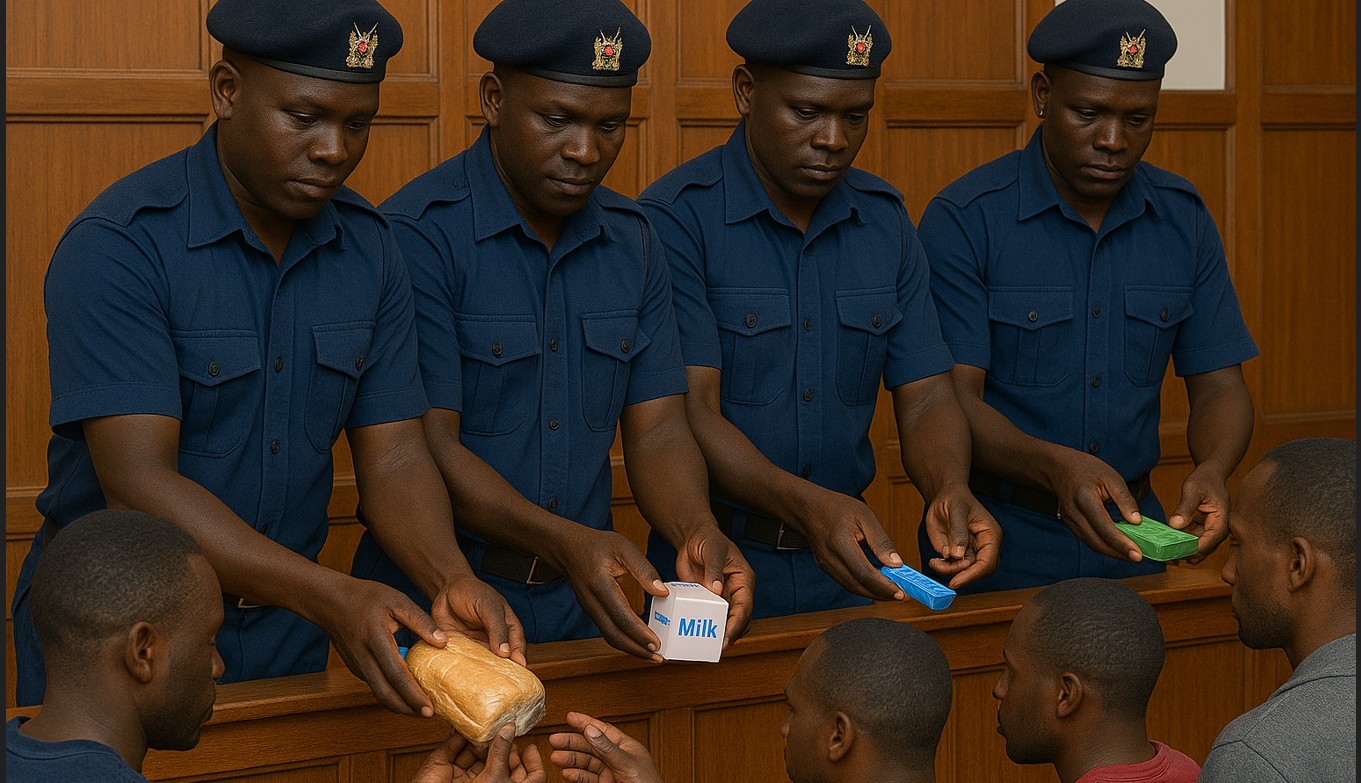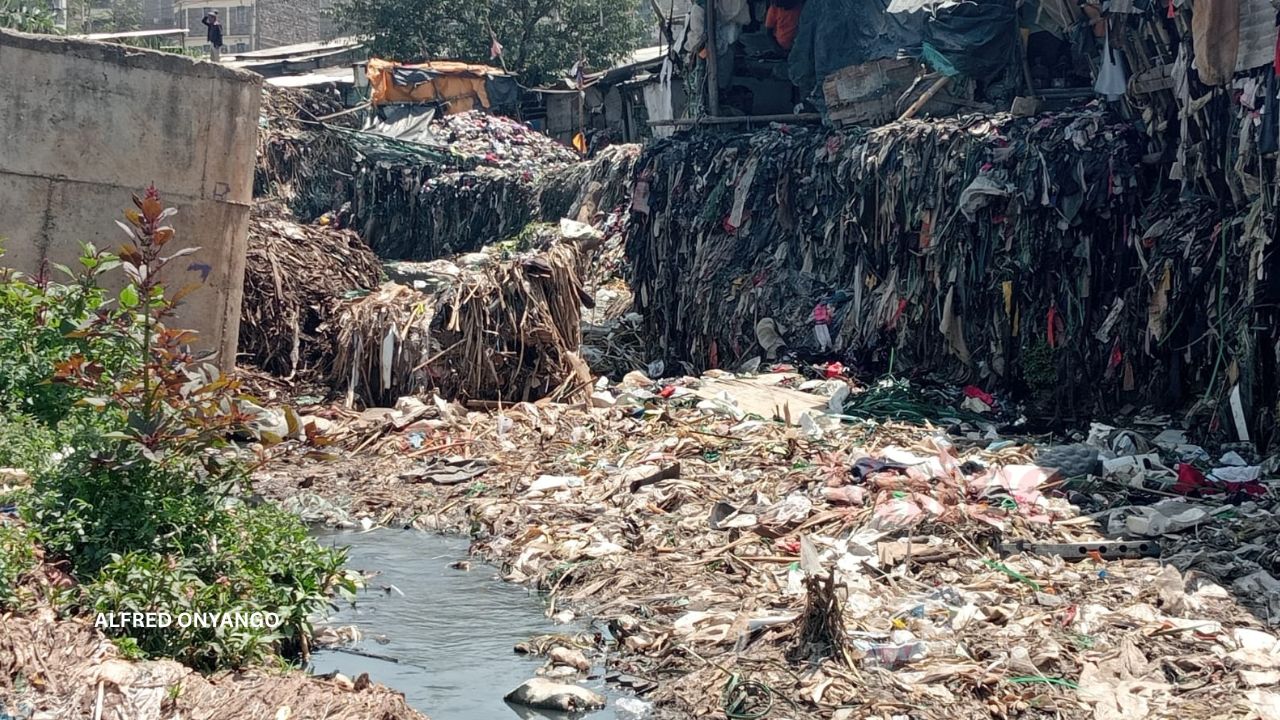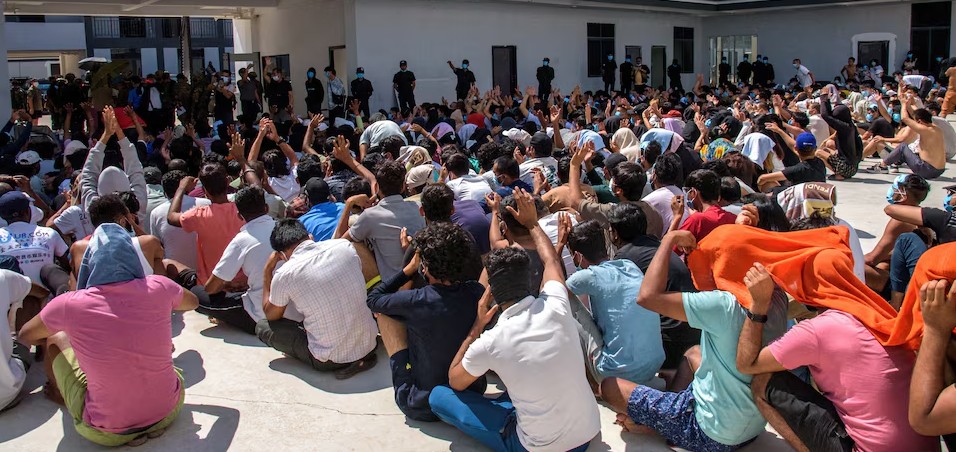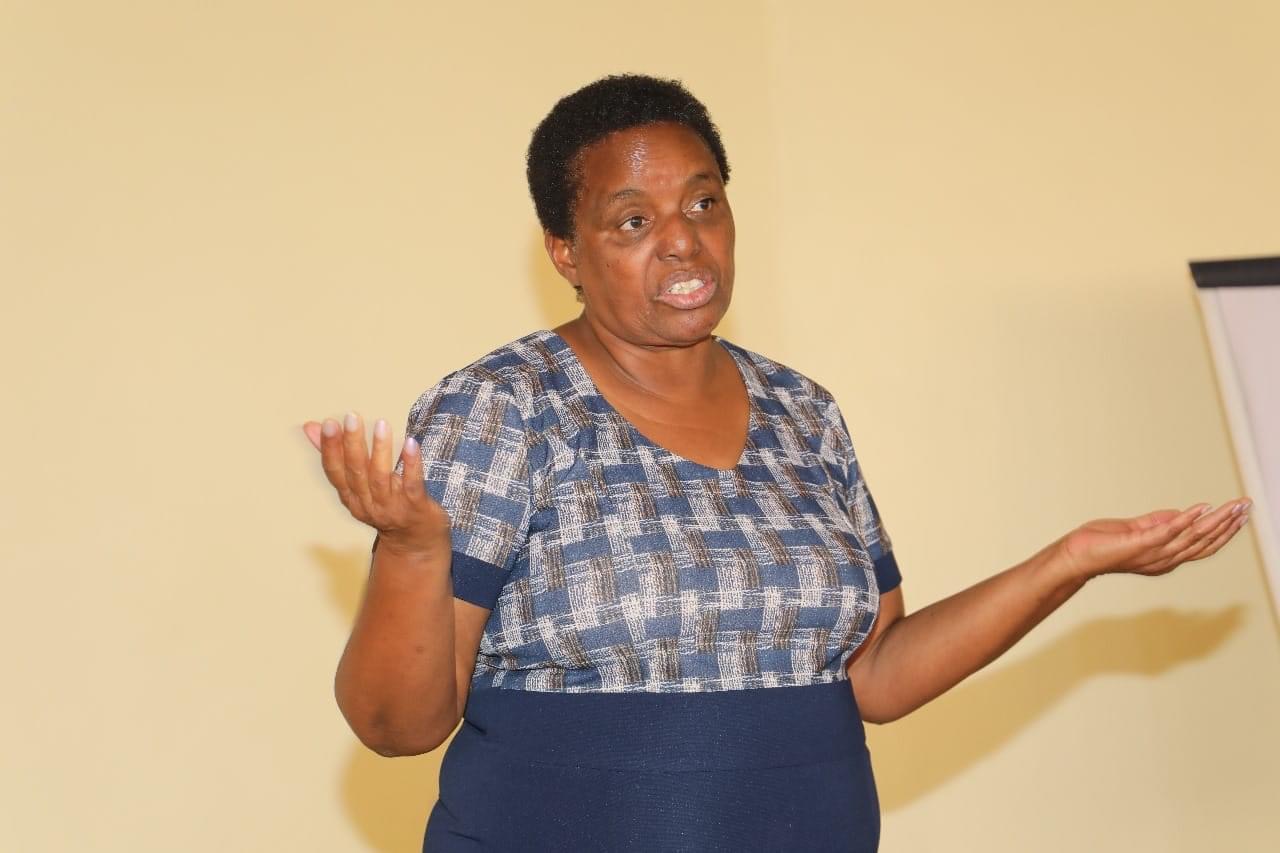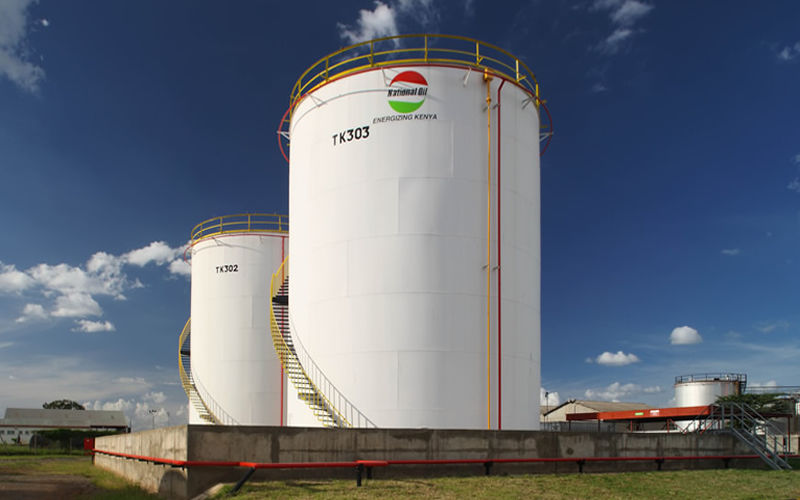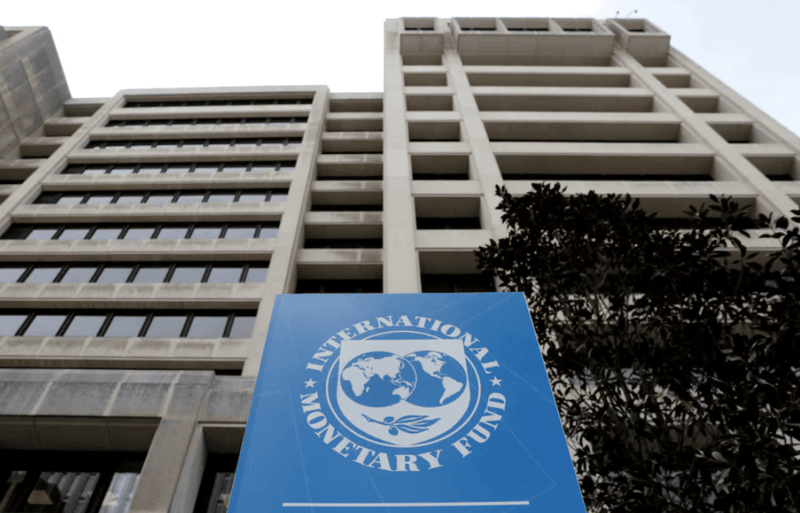Duale scraps attachment fees for KMTC students at national referral hospitals

Duale urged the KMTC leadership to continually review and align course offerings with national health priorities.
Health Cabinet Secretary Aden Duale has scrapped the mandatory hospital attachment fee for Kenya Medical Training College (KMTC) students, arguing that public hospitals should not charge learners who contribute to service delivery.
Speaking during the official opening of the 8th Biennial KMTC Scientific Conference at the institution’s headquarters in Nairobi on Wednesday, Duale said the directive will initially apply to all Level 6 national referral hospitals under the Health Ministry.
More To Read
- Health CS Aden Duale issues key recommendations to tackle 2015 Thange oil spill crisis
- Duale blames corruption for weak tobacco law enforcement as Kenya rolls out stricter warning labels
- Committee proposes establishment of national deceased organ donation programme
- KMTC planned expansion brings relief to Tana River’s healthcare sector
- CS Duale orders security audits at all referral hospitals after KNH patient murder
- KMTC results released, applicants urged to confirm KUCCPS placement
These hospitals include Kenyatta National Hospital, Moi Teaching and Referral Hospital, Kenyatta University Teaching, Referral and Research Hospital, and Mathare National Teaching and Referral Hospital.
“One of the issues raised by the leadership, the board, and the management was the clinical services and rotations for which our students are charged when they visit public hospitals. That will no longer happen,” he said.
“The professor is here, and he should make sure that message gets across,” he added, referring to the MTRH head.
Duale affirmed that enforcement would begin immediately.
He said he would brief President William Ruto about the move during a scheduled meeting with the Council of Governors, in recognition of the fact that healthcare is a devolved function.
Citing inconsistencies in the amount charged across various institutions, Duale said the practice lacked fairness and transparency, and in some cases, hospitals were exploiting students.
“Even when you look at the list, the payments are not harmonised. One institution is charging Sh10,000, another is charging Sh1,000, another Sh2,000—this is a problem in our country. Even if they were charging, there must be justification, there must be evidence, a good reason,” he said.
He criticised Kenyatta National Hospital in particular for demanding Sh10,000 from students even though trainees were offering support to the hospital’s clinical services.
“Kenyatta Hospital, where I was yesterday, is charging Sh10,000. I thought these students are coming to help you,” Duale said.
Strengthen KMTC
At the same forum, the Health CS reiterated his ministry’s commitment to strengthening KMTC as a premier institution for medical training, even as he cautioned against the unregulated expansion of health-related courses and training institutions across the country.
“KMTC will not give credentials unless students are competent,” Duale said.
“We will not allow institutions to become part of the problem. All training programmes must be aligned to the evolving needs of public health in Kenya.”
The conference, themed “Advancing Equity in a Rapidly Changing Environment,” convened stakeholders from the health sector, academia, and research institutions to share innovations and strategies for improving health training and service delivery.
The forum is a critical platform in Kenya’s ongoing efforts to achieve Universal Health Coverage (UHC).
Duale urged the KMTC leadership to continually review and align course offerings with national health priorities.
As part of the visit, he also flagged off five double-cabin vehicles to be distributed across five KMTC campuses.
The vehicles are expected to ease student access to clinical training sites, enhance supervision, and support community-based service delivery.
Top Stories Today

